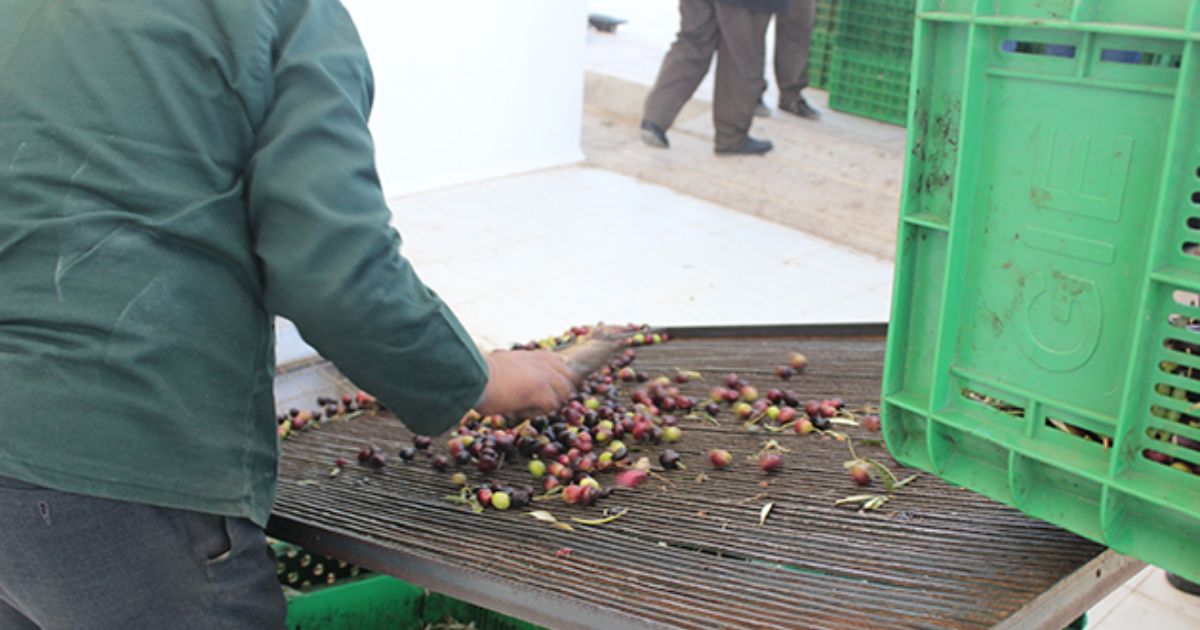Morocco Land Productivity Project: Evaluation Design Report
- Mathematica is designing and implementing one impact evaluation and two performance evaluations to assess the Land Productivity Project.
- The impact evaluation of the Rural Land Activity estimates the effect of formalizing land rights and providing land titles to farmers located using the framework of a spatial regression discontinuity design, drawing on data from a survey of farmers, crop cuts, and satellite imagery.
- The mixed-methods performance evaluation of the Rural Land Activity will use qualitative data from interviews and focus groups, and administrative land systems data to investigate how the provision of land titles through melkisation leads to greater investment, productivity, or incomes. It will also uncover plausible mechanisms and channels that might explain why we see changes in investment, credit access, or land transactions as a result of land titling.
- The performance evaluation of the Industrial Land Activity will draw on qualitative data collected from a variety of stakeholders, daytime and night time satellite imagery, and government administrative data to assess whether the activity was implemented as intended, and how the activity contributed to changes in zone performance, legal and policy developments affecting the industrial land sector, and the various factors and challenges that facilitated and impeded progress.
The Millennium Challenge Corporation’s (MCC) Land Productivity Project is part of a 5-year compact which went into force in 2017. The project aims to increase land productivity by providing land titles for farmers who currently hold customary rights to collective land, building and improving industrial zones and supporting national land policy reform that includes updating and improving land laws, regulations and administrative processes governing land.
In this report, we describe the design for the evaluation of two of the activities implemented by the project: the Rural Land Activity and the Industrial Land Activity. For the Rural Land Activity evaluation, Mathematica will conduct a mixed-methods performance evaluation and an impact evaluation using a spatial regression discontinuity design. We will evaluate whether providing smallholder farmers with land titles improves tenure security, access to credit, land productivity, income, and the frequency of land transactions and conflicts. Mathematica will also assess the program’s impacts on female farmers (who have historically faced challenges to accessing and claiming rights to collective land), and measure perceptions and social norms around female land access and ownership using questions from the Women’s Empowerment in Agriculture Index (WEIA). Baseline data collection will include a household survey, key informant interviews, focus groups and crop cuts to measure yield. The Industrial Land Activity will focus on introducing systemic changes to transform the development and management of industrial land. Mathematica will conduct a mixed-methods performance evaluation. We will evaluate whether developing and establishing a market-driven industrial land approach will increase the availability of industrial land, occupancy rates, job growth and employment opportunities, and the attractiveness of and returns on private investment.
How do you apply evidence?
Take our quick four-question survey to help us curate evidence and insights that serve you.
Take our survey
